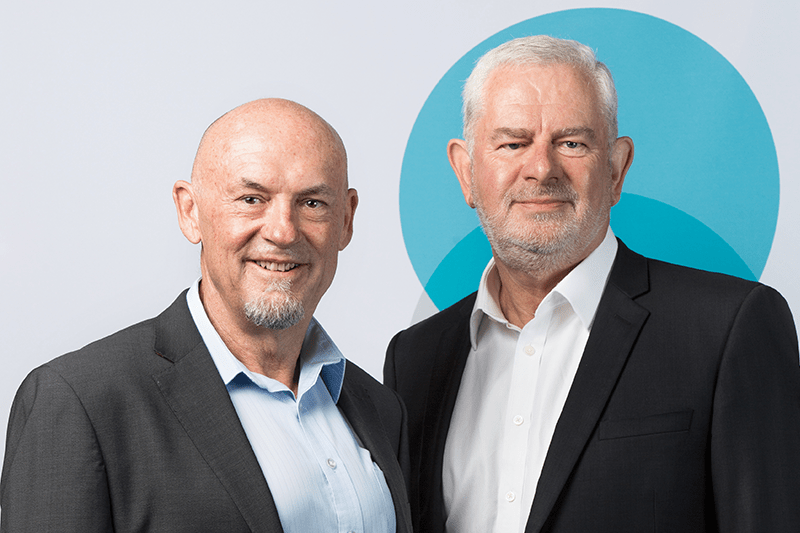By Peter Kelly on 13 November 2019
For most Australians, the money they have in superannuation is preserved. That means it cannot be accessed until a 'condition of release' has been met.
There are a number of conditions of release that cover a multitude of circumstances. Some of the lesser known conditions of release are:
1. Severe financial hardship (limited to a single payment of up to $10,000 per year)
2. Compassionate grounds (must be approved by the Australian Taxation Office)
3. Terminal illness
4. Death
5. Permanent incapacity
6. Temporary incapacity (restrictions apply)
7. Departing Australia (only for temporary residents)
8. Reaching preservation age – even though not retired (subject to restrictions)
I won’t go into any detail on these conditions of release but if you would like to learn more, make a comment in the ’comments’ box below and we will expand on them in a future blog. What I would like to cover in a little more detail are two of the more commonly used conditions of release:
1. Retirement, and
2. Turning 65
Before we get into the details let’s look at a further concept – ‘preservation age’.
What is preservation age?
Preservation age is the age that a person can generally access their superannuation benefits, however they may need to meet an additional condition or two in most instances, such as having retired. Preservation age depends on a person’s date of birth. The following table sets out the current preservation ages:
| Date of birth | Preservation age |
| before 1/7/1960 | 55 |
| 1/7/60 - 30/6/61 | 56 |
| 1/7/61 - 30/6/62 | 57 |
| 1/7/62 - 30/6/63 | 58 |
| 1/7/63 - 30/6/64 | 59 |
| after 30/6/64 | 60 |
Access to super if you are under 60
In true superannuation style, the definition of retirement is not straight forward and depends on whether a person is under or over 60 years of age. Where a person is under 60, they have met the retirement condition of release if:
• they have reached their preservation age (see the table above), and
• have ceased to be gainfully employed, and
• have no intention of becoming gainfully employed again on either a part-time or a full-time basis.
Gainfully employed means being employed or self-employed for gain or reward in a business, trade, profession, occupation etc. ‘Gain’ or ’reward’ is the receipt of remuneration such as wages, business income, bonuses and commissions, in return for personal exertion from these activities.
For the purposes of superannuation, ‘part-time’ is defined as being gainfully employed for between 10 and 30 hours per week. ‘Full-time’ employment is at least 30 hours per week. Now that we have the definitions sorted, let’s look at an example:
Tony was born on 15 September 1961. He has just turned 58. Tony has reached his preservation age (seen the table above). He was working full-time until the end of September when he retired. After a well-earned break, Tony plans to do some occasional paid work for his son who operates a real estate agency.
Provided Tony intends to work less than 10 hours per week, he has met the retirement condition of release and can access his preserved superannuation benefits.
If, rather than being employed in his son’s business, Tony intends to do volunteer work for a charity, he is free to do so. Voluntary work is not regarded as gainful employment.
Access to super after 60
Once a person has reached the age of 60, the retirement condition of release changes. Simply ceasing to be gainfully employed, on or after turning 60, is sufficient to meet the retirement condition of release. There is no restriction on becoming gainfully employed again in the future.
In fact, a person aged between 60 and 65 could cease to be gainfully employed on Friday and be starting a new full-time job with another employer the following Monday. They will be taken to have met the retirement condition of release. However, a word of caution. Any contributions to super made after they commence their new job will be preserved and a new condition of release will have to be met for those contributions to be accessed.
Finally, reaching the age of 65 is an automatic condition of release. Preserved superannuation benefits may be accessed from age 65 either as a lump sum or by commencing a regular income stream or pension. In order to access benefits from 65, a person is not required to have ceased employment or self-employment, nor are they restricted from seeking employment in the future.
If you have any questions about accessing preserved superannuation benefits from super, consider having a chat with a licensed financial planner.



comments